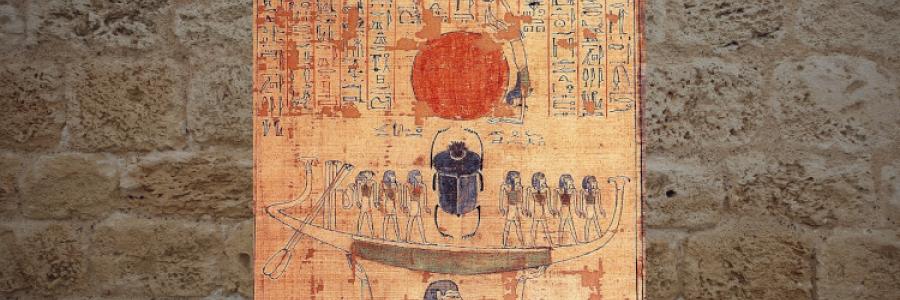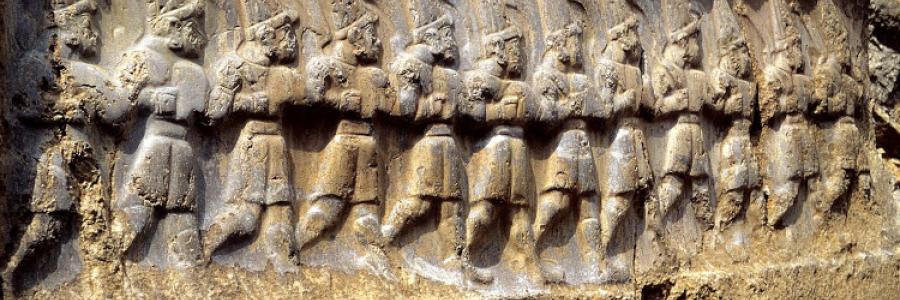A Second Temple in First Temple Jerusalem?
Body
“On the eastern slopes of the City of David, just a few hundred yards away from the Temple Mount, archaeologists with the Israel Antiquities Authority claim to have uncovered a second temple.” - Biblical Archaeology Society



Discussion